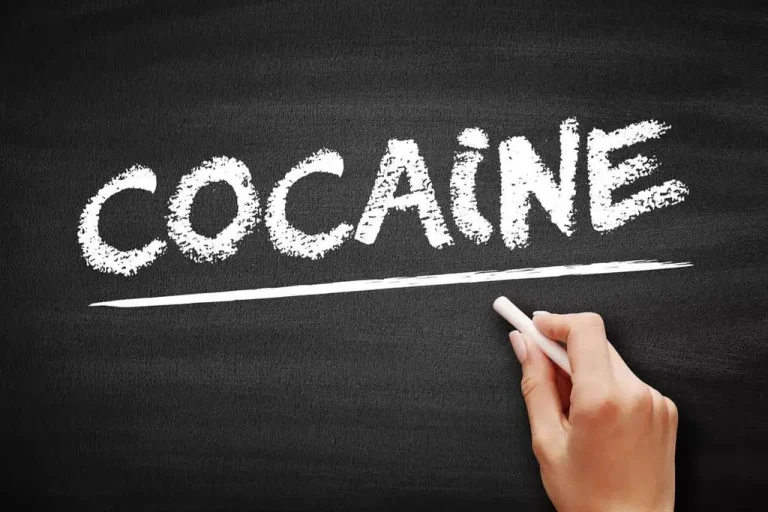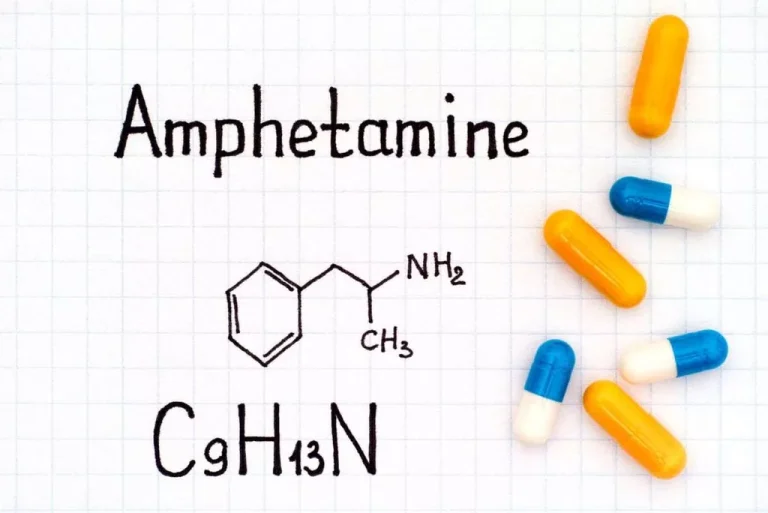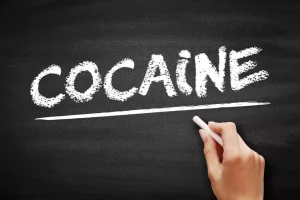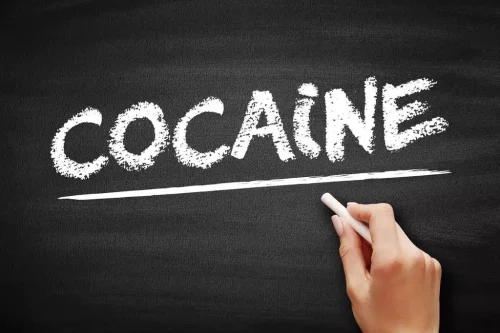Leo Las Vegas Casino Recension A Hundred Free Spins I Bonus【2023】
24 March 20221WIN 1ВИН официальный сайт букмекерская контора
25 March 2022
The classic symptoms of a hangover are the most obvious, but there some other effects of drinking that can happen all throughout your body, even if you aren’t fully aware of them. Hypoglycemia, or low blood sugar levels, is another condition that can cause night sweats. Alcohol consumption can interfere with glucose regulation, particularly in individuals with diabetes. Monitoring your blood sugar levels and adjusting your alcohol consumption may help alleviate symptoms related to hypoglycemia.

Hangovers
We recently launched our in-app chatbot, Melody, powered by the world’s most powerful AI technology. Melody is here to help as you adjust to a life with less (or no) alcohol. You’ll meet millions of fellow Reframers in our 24/7 Forum chat and daily Zoom check-in meetings. Receive encouragement from people worldwide who know exactly what you’re going through! You’ll also have the opportunity to connect with our licensed Reframe coaches for more personalized guidance.
Seek medical attention
With commitment and the right resources, overcoming alcohol addiction is achievable. Seek help from qualified professionals to embark on your recovery journey. You may sweat due to the heat if you may be drinking in an outdoor environment or under the sun, of course!
Tips for dealing with alcohol related night sweats
Typically this occurs when alcohol accumulates in the body, as the liver can only process around one drink per hour. Alcohol intolerance and alcohol withdrawal can also cause sweating. We’re all familiar with that painful dehydration, pounding headache, and unpleasant nausea that results after a night of consuming alcohol. But those aren’t the only effects of too much booze — there are a number of other weird things that can happen to your body after a night of drinking.

- With around 2 years of experience in the wellness industry, she is connected to leading experts and doctors to provide our readers with factually correct information.
- Mental health professionals can help you explore the underlying causes of your addiction and provide tools to cope with withdrawal symptoms and overcome cravings.
- The central nervous system (CNS) helps to regulate body temperature, blood pressure, and heart function.
- Night sweating may also indicate certain types of cancers, which a person can discuss with their oncologist.
- Home remedies can usually help manage alcohol-induced night sweats.
Congeners are found in larger amounts in dark liquors, such as brandy and bourbon, than in clear liquors, such as vodka and gin. According to Dr. Bylden-Taylor, you can’t get rid of the alcohol smell in your body until it has been fully excreted from your system. What you can do, however, is mask the odor by taking a shower or brushing your teeth. This can help lessen the odor, as well as get rid of any bacteria that is contributing to the smell. American Addiction Centers (AAC) is committed to delivering original, truthful, accurate, unbiased, and medically current information. We strive to create content that is clear, concise, and easy to understand.


If you or someone you love is experiencing these symptoms, you should seek medical attention immediately. You might also sweat after drinking due to having an intolerance to alcohol. Having an alcohol intolerance is a genetic condition where your body isn’t able to produce the enzymes it needs does alcohol make you sweat more the next day to break down toxins in alcohol.
- Not to be too obvious, but if you don’t want these side effects of drinking, you’re best off limiting the amount you drink.
- Dehydration from alcohol consumption can also contribute to these sleep disturbances.
